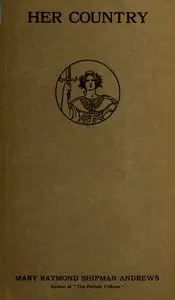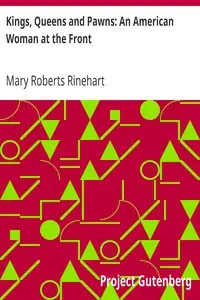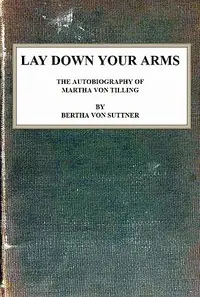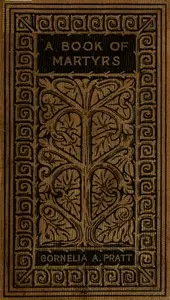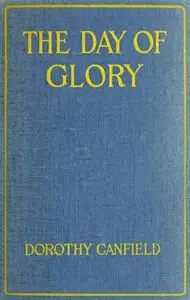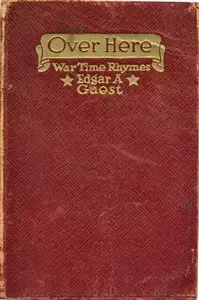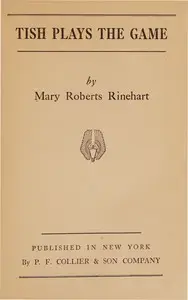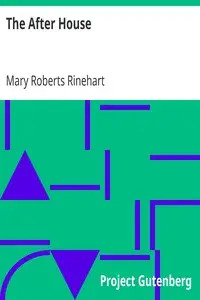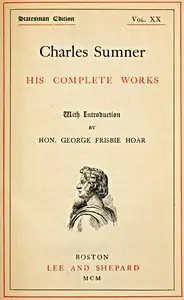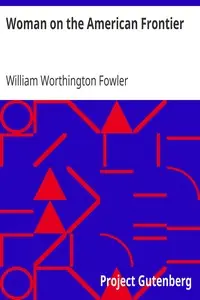"The Altar of Freedom" by Mary Roberts Rinehart is a heartfelt look at motherhood and devotion to one's country during World War I. The book mixes personal stories with thoughts about society, following the emotional path of mothers as they face the difficult task of sending their sons to fight in the war. Rinehart looks closely at sacrifice, duty, and how everyone in a country must work together during a time of crisis. She shares the inner struggles of mothers who feel both proud and afraid as war approaches, recounting her own experiences and those of other mothers, highlighting that women are the strong force that supports and prepares men for battle. Through touching personal stories and reflections on freedom, sacrifice, and national unity, Rinehart inspires women to come together, urging them to support their sons and help with the war effort, while also demanding responsibility and readiness from their government. The story is very touching, striking a chord with anyone who understands the complicated mix of love and duty during war.
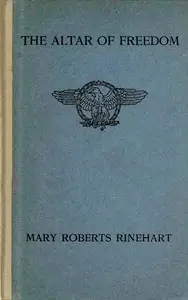
The Altar of Freedom
By Mary Roberts Rinehart
In a time of global conflict, mothers grapple with sending their sons off to war, torn between love, pride, and the heavy price of freedom.
Summary
About the AuthorMary Roberts Rinehart was an American writer, often called the American Agatha Christie. Rinehart published her first mystery novel The Circular Staircase in 1908, which introduced the "had I but known" narrative style. Rinehart is also considered the earliest known source of the phrase "the butler did it", in her novel The Door (1930), although the exact phrase does not appear in her work and the plot device had been used prior to that time. She also worked to tell the stories and experiences of front line soldiers during World War I, one of the first women to travel to the Belgian front lines.
Mary Roberts Rinehart was an American writer, often called the American Agatha Christie. Rinehart published her first mystery novel The Circular Staircase in 1908, which introduced the "had I but known" narrative style. Rinehart is also considered the earliest known source of the phrase "the butler did it", in her novel The Door (1930), although the exact phrase does not appear in her work and the plot device had been used prior to that time. She also worked to tell the stories and experiences of front line soldiers during World War I, one of the first women to travel to the Belgian front lines.

